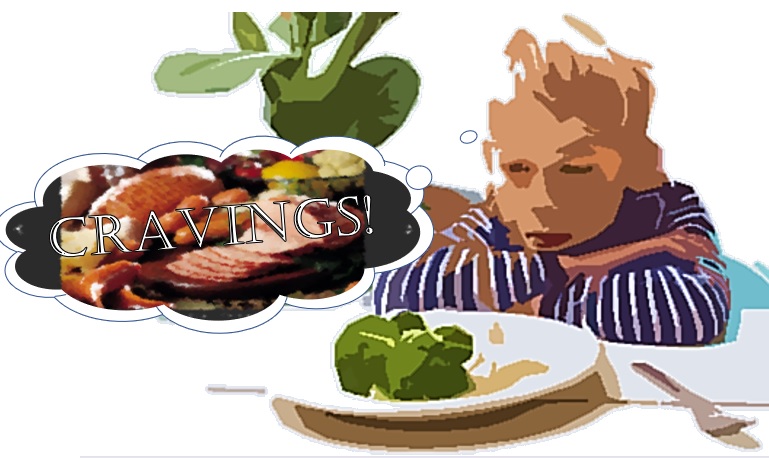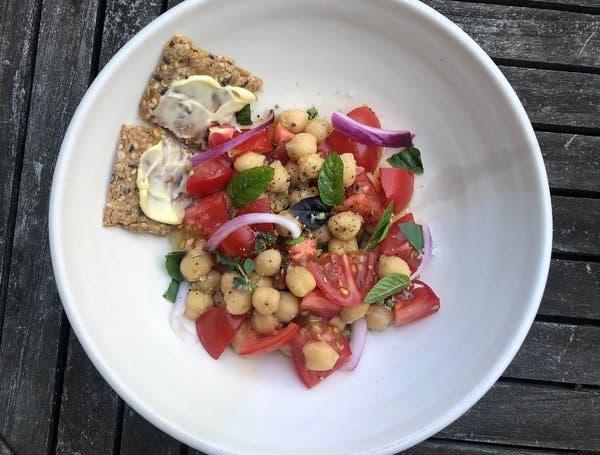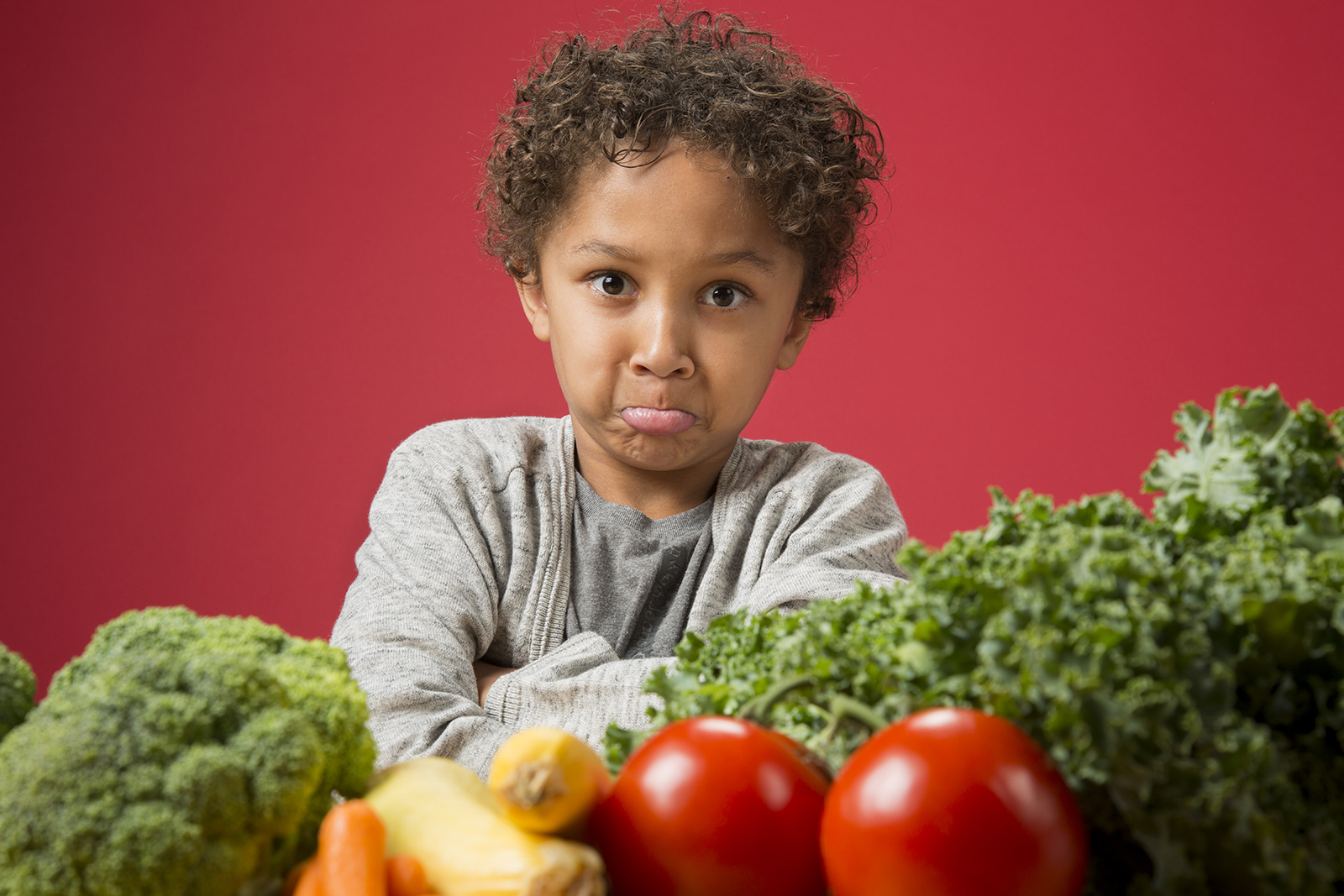Ever since I overcame severe gastritis half a decade ago, I have since attested and have been drawn towards the benefits of a plant-based diet. Speaking of gastritis, I know many of us can testify of the sheer discomfort and pain that this intestinal ailment imposes upon its victims!
Since subscribing to a plant-based diet for the last few years, I sort of had the experience of “once you get the swing of it, you’ll adapt” to vegetarianism. But it wasn’t until the last two years have I faced the reality that at times I have been craving animal flesh – such as chicken or beef. And in confronting this secret desire, I had to decide whether I would abandon a plant-based diet completely or figure out if there was some sort of issue or deficiency that I needed to address concerning my physical health.
According to research by Alonso-Alonso et al.1 the overeating of stimulative foods that trigger excess dopamine release (rewarding effect on your brain) can cause addictive food behaviours and unhealthy cravings. On the other hand, cravings can also indicate particular nutrient deficiencies. For example, my particular struggle with meat cravings was associated with my lack of iron and calcium minerals. Recalling these “meat cravings” that I had, I clearly recall an absence of dark green leafy veggies on my plate – due to being unable to afford it or just not having time to purchase it or grow it outside. Foods also rich in calcium include chia seeds (can be sprinkled raw unto your meal as you are about to eat) and celery (can be cut up raw and added to a salad or half-cooked in the menu which is being cooked).
Further findings in Alonso-Alonso et al.1 show that cravings are “an intense and persistent desire for a food caused by a nutritional deficiency, boredom, or self-imposed food restrictions.”
Another such example of deficiency cravings are a craving for sugary foods which has a link to lacking various minerals including chromium (broccoli, grapes, oats, potatoes and tomatoes contain adequate amounts), sulfur (adequately available in allium veggies such as garlic, onions, leeks and chives), and tryptophan (an amino acid which according to sleep.org, gets turned “into a B vitamin called niacin. Niacin plays a key role in creating serotonin, a neurotransmitter that’s associated with sleep and melatonin levels (a hormone that controls your sleep-wake cycles).” Foods containing tryptophan amino acid include oats, lentils, nuts, tofu, cheese, beans and eggs.
But as mentioned earlier, cravings do not necessarily indicate a deficiency, but can signify something else. Some other reasons for cravings can include suppressing thoughts concerning certain foods imposed by advertisements, social circles and associations2; dealing with stress3, confusing thirst for hunger4, and insufficient sleep5.
Despite a plant-based diet being ideal overall for longevity and optimum health, the key principle of a balanced diet must be followed. A diet that has proteins, carbs, vitamins and is mineral rich will do us much good at the end of the day. A healthy body contributes to a healthy mind; and a healthy mind contributes to a well-versed individual who can serve God and his or her fellow humans. The Bible says, ‘Beloved, I wish above all things that thou mayest prosper and be in health, even as thy soul prospereth.‘ (3 John 1:2).
A healthy soul composes of the entire human being: the spirit, the mind and the body (Genesis 2:7; Ecclesiastes 12:7) and thus a proper maintenance of the human faculties will prepare us to relate with God and hear His voice speaking to us more clearly.
References:
1. Alonso-Alonso M, Woods SC, Pelchat M, Grigson PS, Stice E, Farooqi S, Khoo CS, Mattes RD, Beauchamp GK. Food reward system: current perspectives and future research needs. Nutrition reviews. 2015 May 1;73(5):296-307.
2. https://pubmed.ncbi.nlm.nih.gov/20434065/
3. https://pubmed.ncbi.nlm.nih.gov/11070333/
4. https://pubmed.ncbi.nlm.nih.gov/23803882/
5. https://pubmed.ncbi.nlm.nih.gov/23479616/


